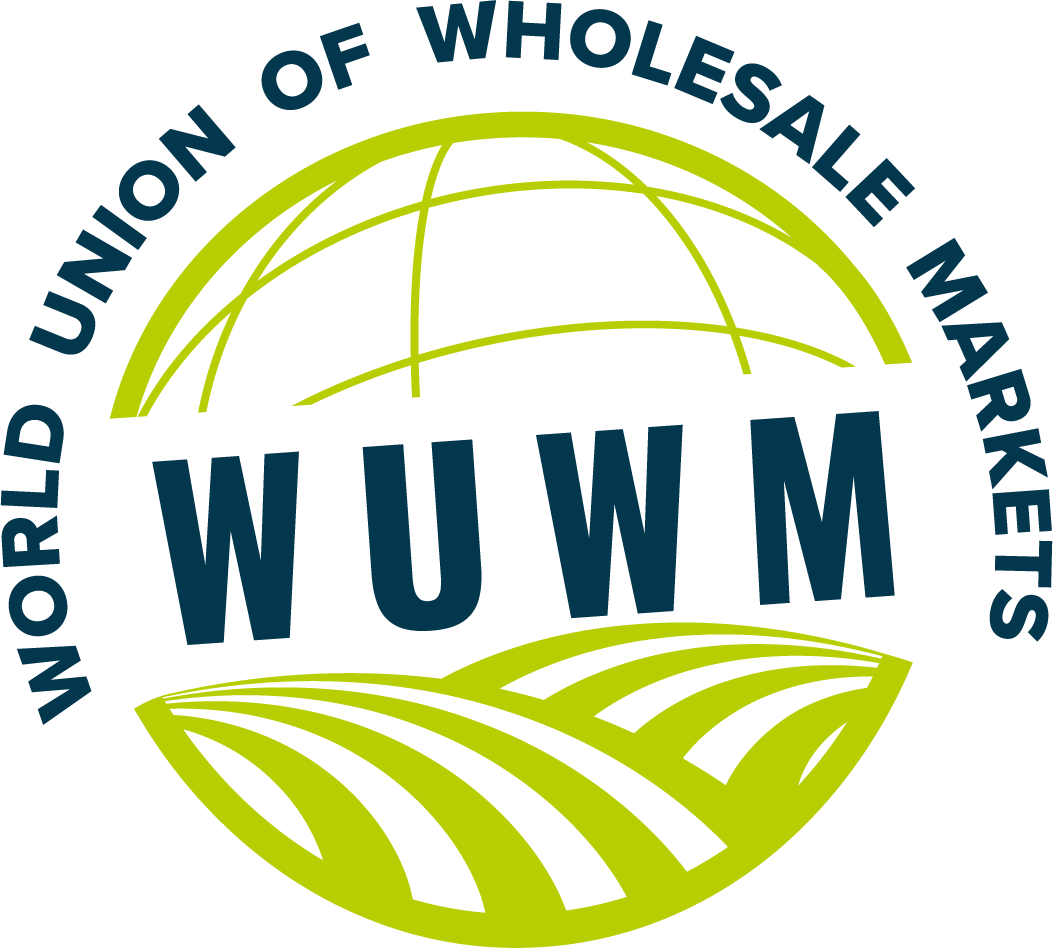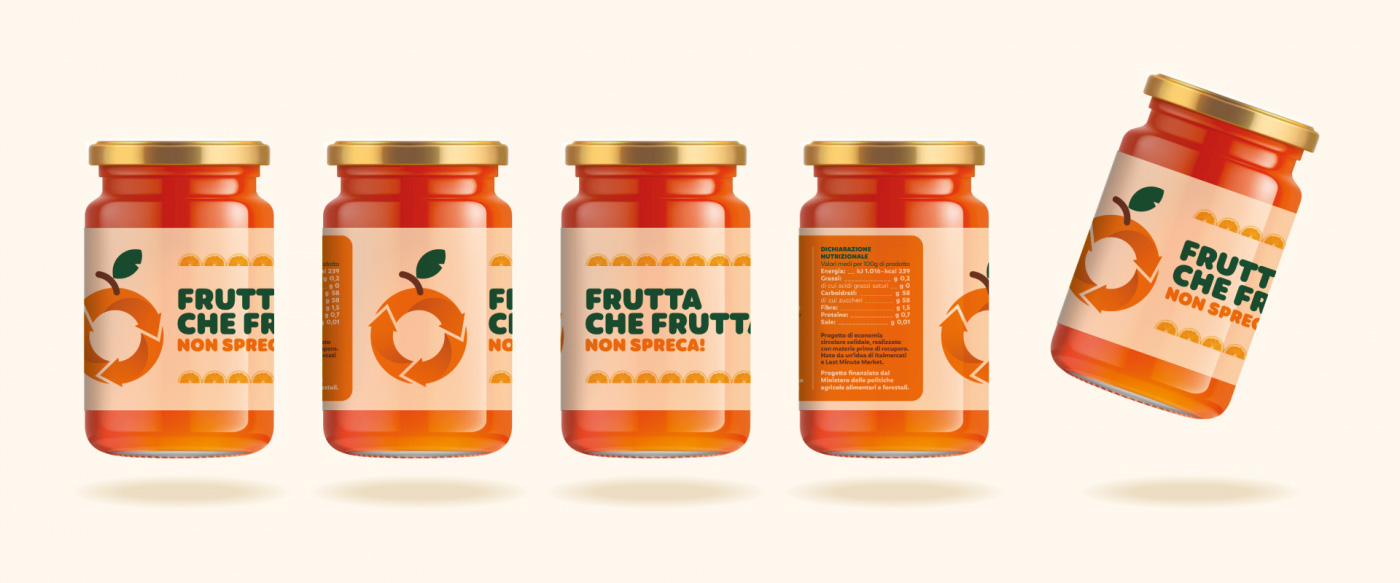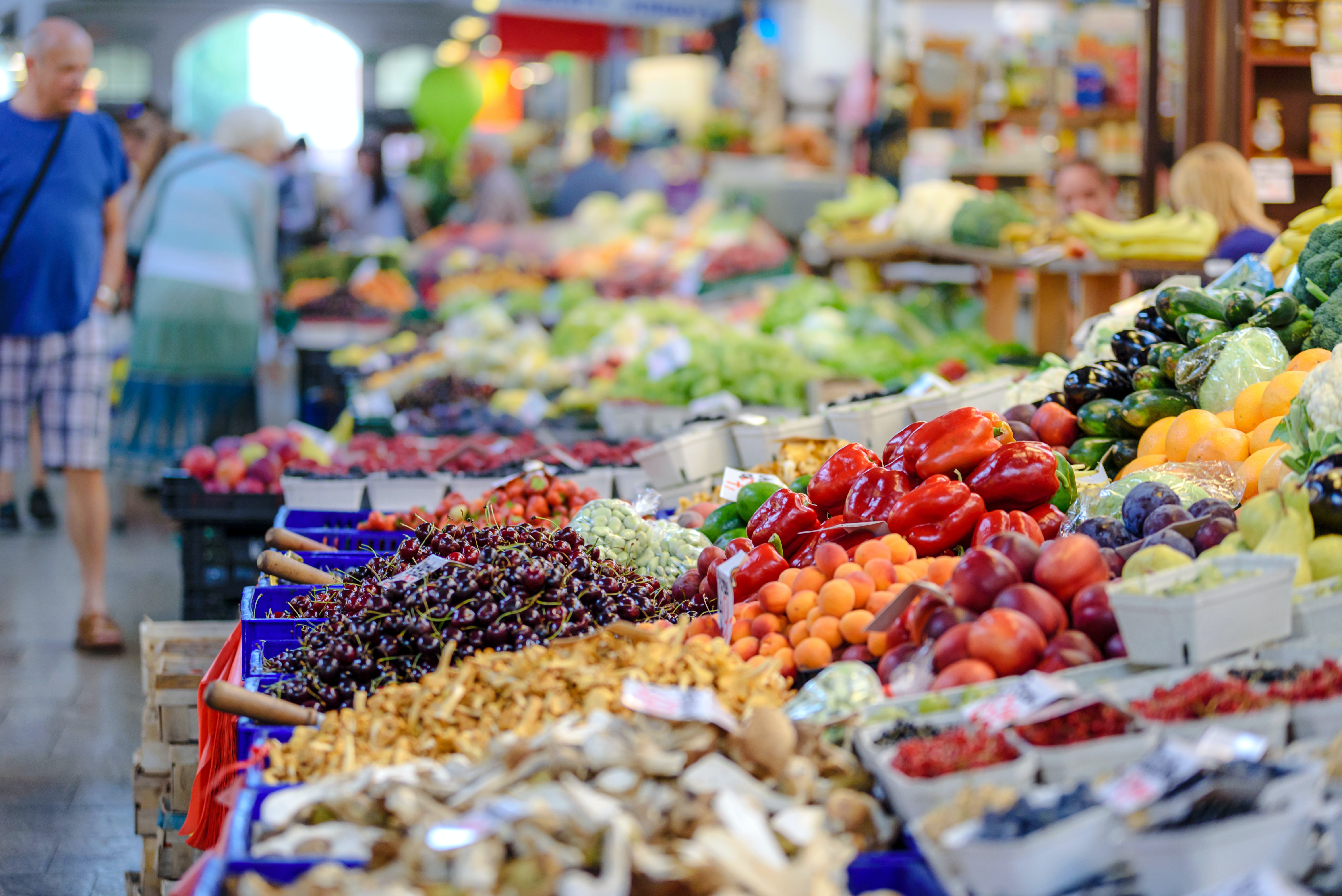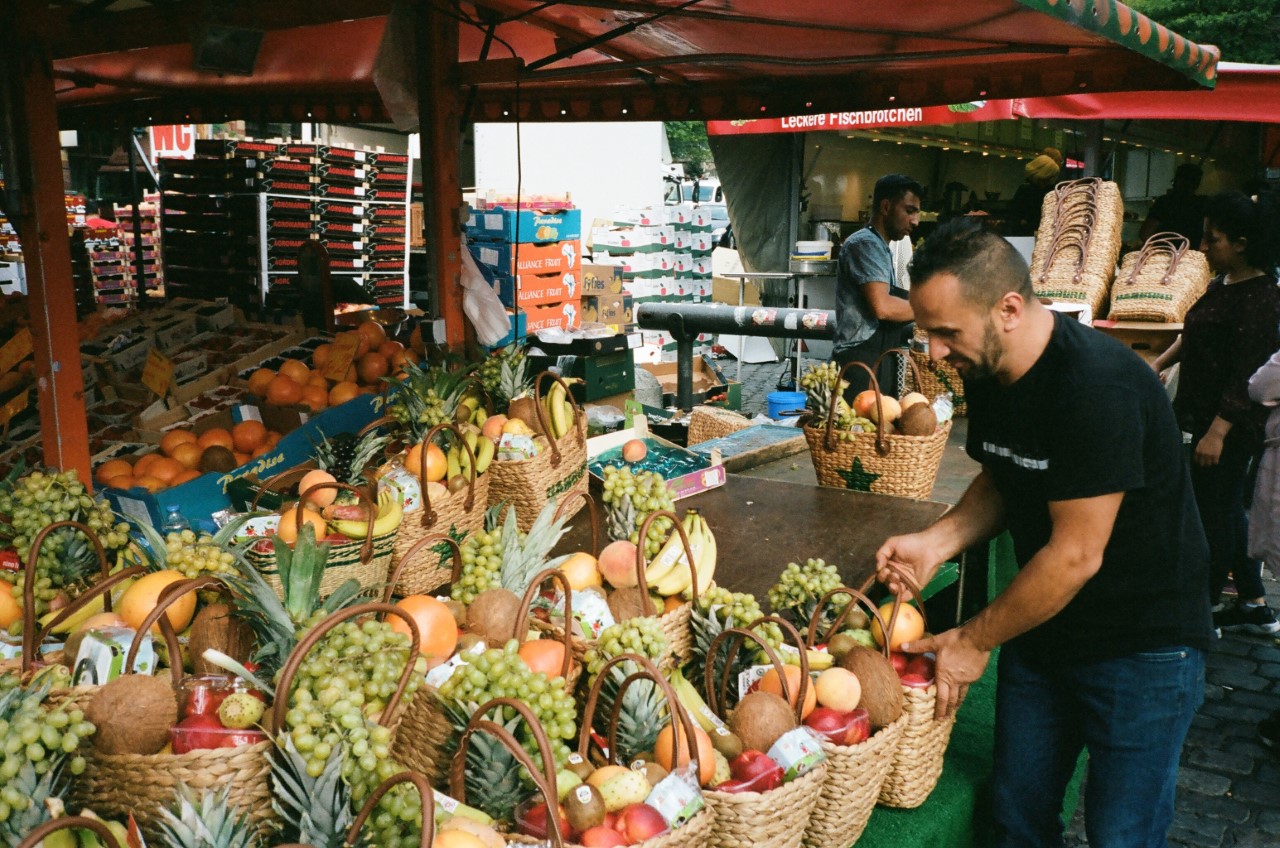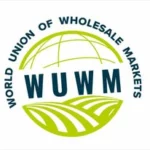In good practices: Get to know the ambitious recycling plan of Melbourne Wholesale Market in order to promote circular economy
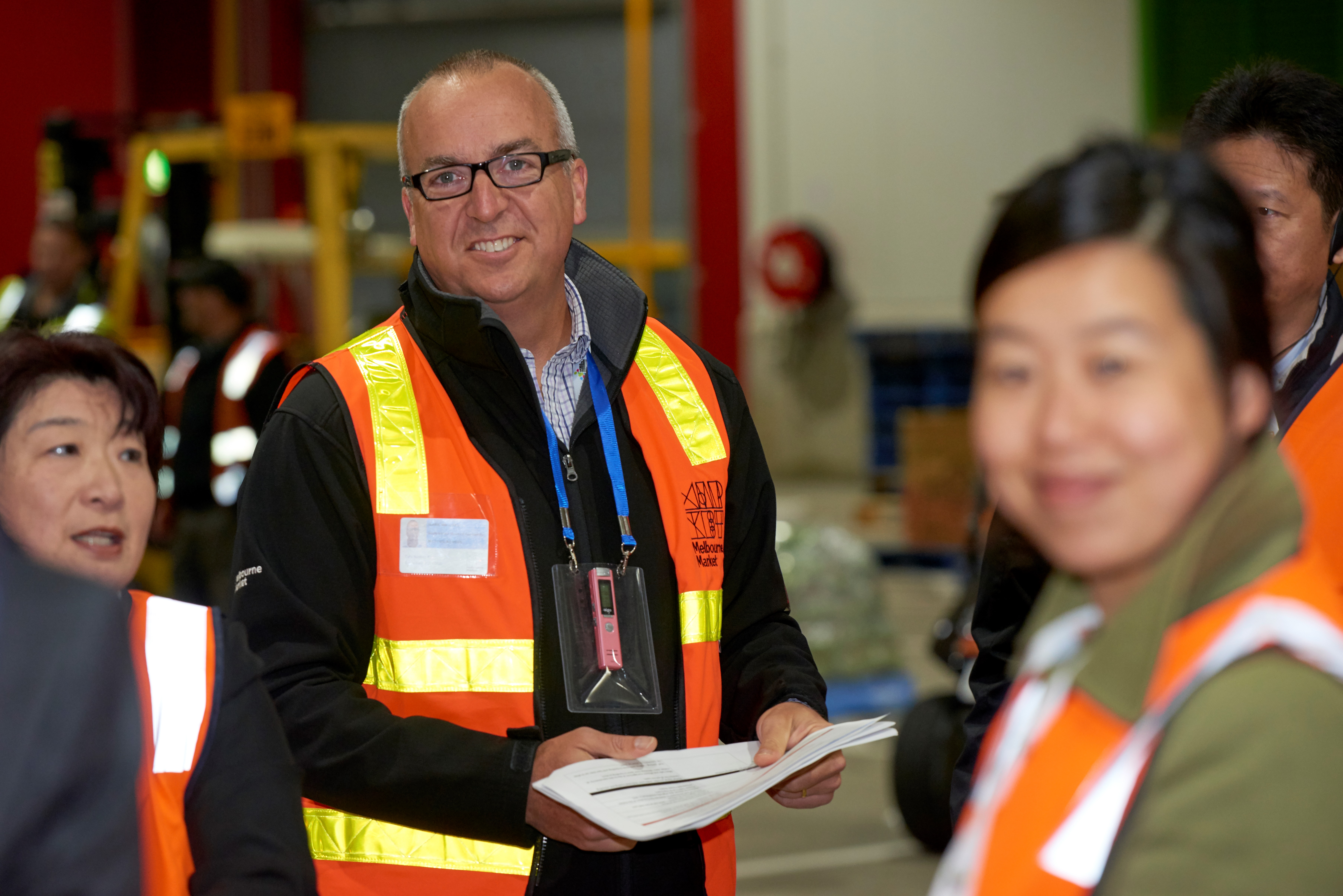
Mark Maskiell, you are the CEO of Melbourne Wholesale Market, based in Australia, could you introduce our readers to your wholesale market?
[br]
The Melbourne Market is Victoria’s wholesale fruit, vegetable and cut flower trading centre. We are one of six central fresh produce markets in Australia. The Market operates from a purpose-built facility on a 67-hectare site at Epping, Victoria and is the critical link between growers, wholesalers, retailers and the fresh produce supply chain.
[br]
Approximately $2 billion in produce is traded through the Market annually with around 2,750 businesses using the Market as a base, buying and selling fresh produce. Over 2,000 individual fruit and vegetable buyers, representing independent greengrocers, supermarkets, restaurants, and food processors, source their produce direct from the Market. Many more receive deliveries and consignments from the Market.
[br]
The Market’s location is in close proximity to Melbourne’s freeways, and allows for easy inbound delivery from farm to market and outbound delivery locally, interstate or overseas. This location gives the market significant food handling and logistical advantages and provides traders with greater opportunities to export. Being able to consolidate operations within the Market has the potential to reduce handling, transport and labour costs. [br]
The site currently boasts 95,000 square metres of warehousing space, and with plans to build additional warehousing in the future, this will grow to approximately 120,000 square metres, the largest warehousing precinct of any central market in Australia. This significant warehousing capacity provides opportunities for businesses to integrate supply chain logistics within the market itself. [br] [br]
For the past few years, in order to improve the recycling process in your market and to decrease its carbon footprint, you have developed an impressive recycling plan. What led you to implement this recycling plan? [br] [br]
At the Melbourne Market we have a long-held commitment to reducing our environmental impact and maintaining our industry-leading environmental sustainability status. [br]
When the Melbourne Market moved to its current Epping location, it was intended to establish a modern, innovative, and efficient fresh produce trading and distribution precinct, facilitating the growth of the Victorian food and fresh produce industries. Reducing the cost for traders was a huge motivator for introducing the recycling system. It provides traders with an easy channel to recycle and reduce their waste, which can be costly for a business. [br]
The Market was purposefully designed to reduce its environmental impact in areas of water, energy, and waste. The waste generated by processes within the Melbourne Market is divided into three general classes, landfill, organics, and recycling. From this, we were very proud to recycle 98% of waste last financial year. Prior to the move to Epping, the Melbourne Market sent approximately 48% of organic waste to landfill; that number is now 0%. [br] [br]
Have you seen a change in waste generation over the years in your market? Which ones have really been reduced and which ones are complicated to do without? [br] [br]
Reducing the waste generated from the four onsite cafes has been challenging and something we are continuously looking to improve. Over the past year, we have been working with cafe operators to move toward biodegradable food and beverage packaging. [br]
Other challenges include finding suitable places to recycle polystyrene and single use plastics. [br] [br]
Regarding organic waste, you work with a company, Yarra Valley Water how do they collect organic waste and what are they doing with it? [br] [br]
Yarra Valley Water is the largest of Melbourne’s water providers. We currently work with Yarra Valley Water on its waste-to-energy program, which processes food waste into renewable energy. [br]
Food waste is taken from the Market, and using a sealed tank called a ‘digestor’, the waste is broken down and transformed into biogas. Once odours and impurities are removed from the biogas, it is used to power the entire Yarra Valley Water site. [br]
Last financial year 1,550,900 kilograms of organic waste was donated to the program, which helped contribute enough power to ensure green energy powered 100% of the facility’s operations. [br]
We are also currently driving a collaboration with Bardee, Australia’s largest insect breeding, fertiliser and protein producer. The collaboration would see the creation of a circular economy for Market businesses where they would have the opportunity to purchase fertiliser made from organic waste collected from the Market to use back on their farms. [br] [br]
You save a significant amount organic waste fit for human consumption each year, can you outline your partnerships with Foodbank and FareShare and other organizations to ensure the operations? [br] [br]
Last financial year Market users donated 329,910 kilograms of organic produce to Food Bank Victoria, and 83,540 kilograms to Fareshare, as part of our food recovery program. Donation to these programs helps to ensure food nearing the end of its shelf life with reduced sale value can still be consumed, reducing waste and helping feed vulnerable Victorians. In addition to this, we have a strong relationship with Zoos Victoria, donating a further 183,180 kilograms of produce to the animals of Melbourne Zoo and local farms, who collect remaining organic waste suitable for animal consumption. [br] [br]
One of the most difficult aspects of getting businesses to recycle is to show them that there are more benefits to recycling than to throwing away for landfill or incineration, how do you deal with this issue? Is the Australian government – local or national- supporting you in any way to carry this actions? [br] [br]
To promote recycling within the Market we utilise financial incentives to make recycling accessible and beneficial for Market businesses. [br]
Satellite recycling stations are located around the Market for cardboard, polystyrene, and plastics. Organic waste bins are provided at the end of trade each day for clean organics only. Fees are charged for contaminated waste to ensure organic waste is clean and sorted. We also offer free organic waste disposal up to 99kg, with a fee applied for organic waste over that amount. We also support traders from consumer fresh produce markets such as the Queen Victoria Market, Victoria’s largest to consumer fresh produce market, by allowing retailers to bring back organic waste to the market so it can be recycled through the Yarra Valley Water program. [br]
We are always looking at new recycling programs, such as collaborations with Yarra Valley Water and Bardee, to promote recycling, the circular economy and showcase what the Market’s recycling efforts can achieve. [br] [br]
As our sector has to work towards zero emission targets, what do you think are the next actions that WUWM should promote to improve the circular economy and zero waste target in wholesale markets? [br] [br]
Promoting the available waste-to-energy opportunities and showing the financial and environmental benefits of disposing of organic waste in a process that creates green energy.
